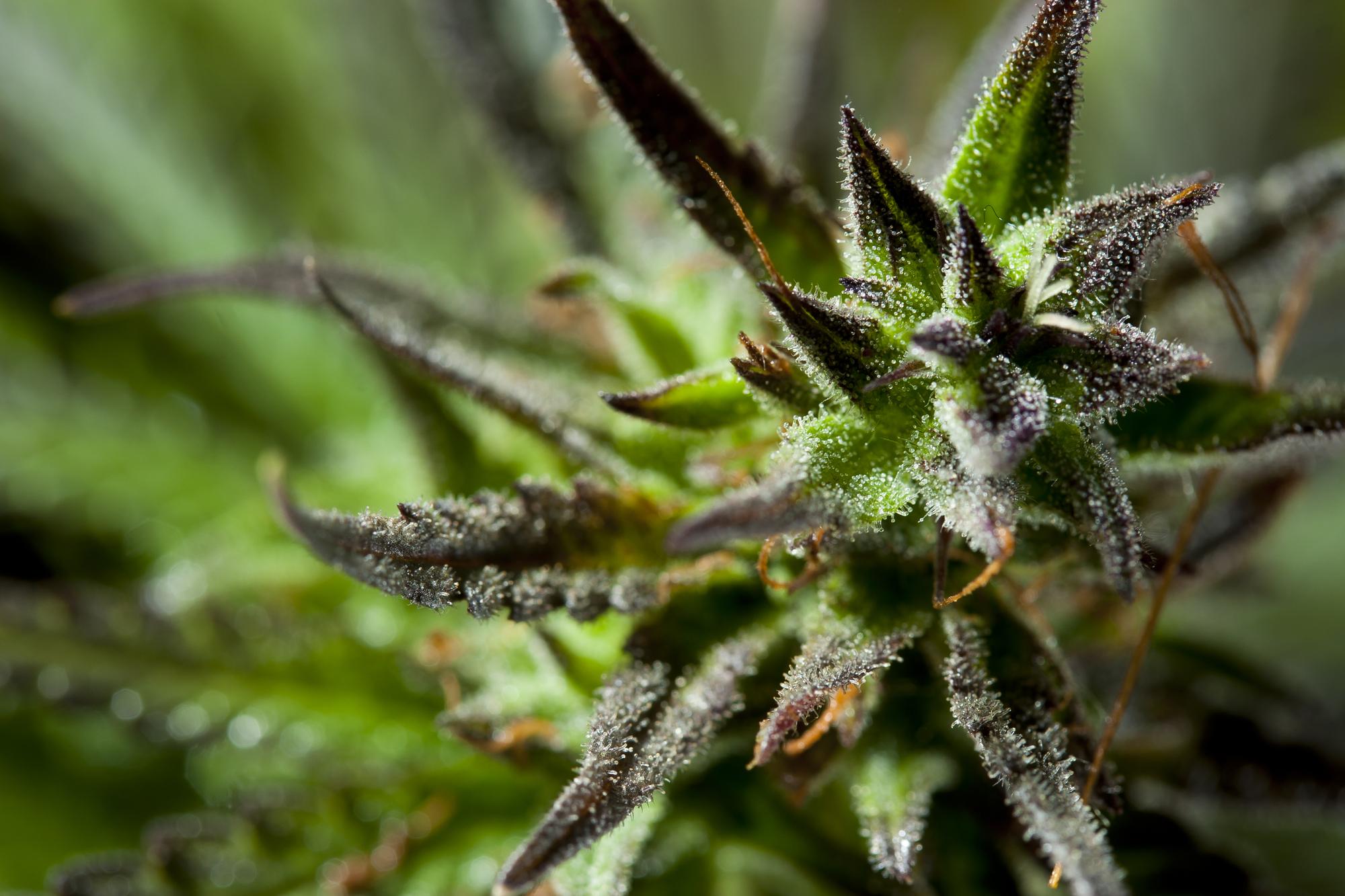Understanding the genetic lineage of cannabis strains is essential for growers aiming to produce high-quality, consistent, and top-performing flower. Whether cultivating for medical patients or recreational consumers, knowing a strain’s genetic background allows growers to anticipate traits such as potency, aroma, growth cycle, resistance to disease, and cannabinoid profiles. From breeding innovation to crop predictability, genetics shape the outcome of every plant.
The Foundation of Cannabis Quality
Cannabis plants, like other agricultural crops, are influenced by their hereditary traits. Genetic lineage refers to the plant’s ancestral origin—its parents, grandparents, and the foundational strains that make up its DNA. Just as a winemaker selects grape varietals for their known properties, cannabis breeders and growers rely on strain lineage to predict how a plant will grow and what effects it may deliver.
Strains like OG Kush, Blue Dream, and Girl Scout Cookies have well-documented genetic profiles that serve as the backbone for many newer hybrids. These foundational strains are often used in breeding programs because their traits are known to express consistently, making them reliable building blocks.
According to research from Leafly and Greenhouse Seed Co., certain landrace strains—such as Afghani, Thai, and Colombian Gold—are still used today to stabilize new hybrids due to their pure genetics and resilience.
Consistency and Predictability in Cultivation
Growers depend on genetic lineage to ensure consistency in their crops. A strain with a strong genetic foundation is more likely to exhibit uniform traits across multiple harvests, including:
- Flowering time
- THC/CBD ratio
- Bud structure
- Pest resistance
- Terpene profile
Without a clear understanding of lineage, growers risk unexpected variations that can result in yield loss or inconsistent consumer experiences. For commercial cultivators, this could mean thousands of dollars in lost revenue or customer dissatisfaction.
As noted in a report by Cannabis Business Times, top cultivators prioritize genetic traceability when selecting seeds or clones, often partnering with reputable breeders who provide full documentation of a strain’s heritage.
Breeding for Superior Strains
Breeders play a critical role in cannabis evolution. By combining strains with desirable traits—such as the high resin production of White Widow with the flavor profile of Tangie—breeders create new cultivars that improve upon the old. However, this process is only effective when the genetic backgrounds of the parent strains are fully understood.
Unstable or unknown lineage can lead to unexpected mutations, poor plant health, or diminished cannabinoid content. In contrast, stable genetics allow breeders to refine and enhance strain traits over multiple generations, ultimately contributing to the creation of award-winning strains that perform well in both the garden and the market.
Legal and Medical Relevance
With the expansion of the legal cannabis market, regulatory bodies and patients are placing more importance on traceability and consistency. Medical patients in particular rely on precise dosing and predictable effects. Strains bred from verified genetics offer greater assurance that the same experience can be replicated each time.
Moreover, intellectual property (IP) protection in cannabis breeding is becoming a growing trend. Growers who invest in cultivating from protected or trademarked genetics must verify lineage to ensure compliance. In return, verified genetics help brands build trust with consumers and increase product value.
How Consumers Benefit
While genetic lineage is primarily a concern for cultivators, it directly impacts consumer experience. Strains with verified genetics are more likely to deliver the advertised effects, flavors, and potency. Shoppers who favor specific strains—like Sour Diesel for focus or Granddaddy Purple for relaxation—can expect a reliable experience when those strains are produced with stable genetics.
Dispensaries are increasingly providing strain lineage information on packaging or menus, allowing customers to make informed choices based on the plant’s origin and known traits.
Summary: Why Genetic Lineage Is Key for Growers
- Genetic lineage determines how a strain grows, smells, tastes, and affects the user.
- Stable genetics provide consistency across crops and harvests.
- Breeders use known lineages to develop new and improved strains.
- Medical cannabis requires genetically verified plants for dosing accuracy.
- Consumers benefit from consistent quality and predictable effects.
- Genetic transparency builds trust in brands and cultivators.

